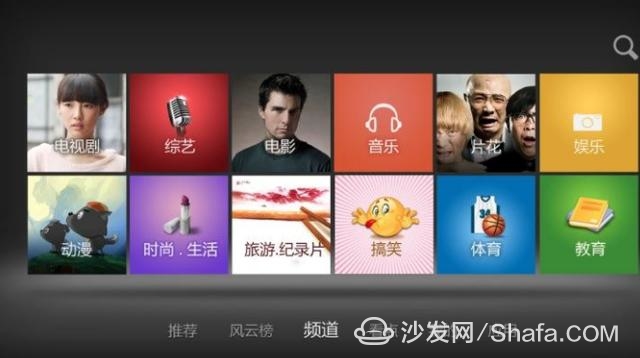
The TV has now become a new internet portal, with the mouse taking control instead of the traditional remote. The internet is rapidly expanding its reach, capturing every screen it can access.
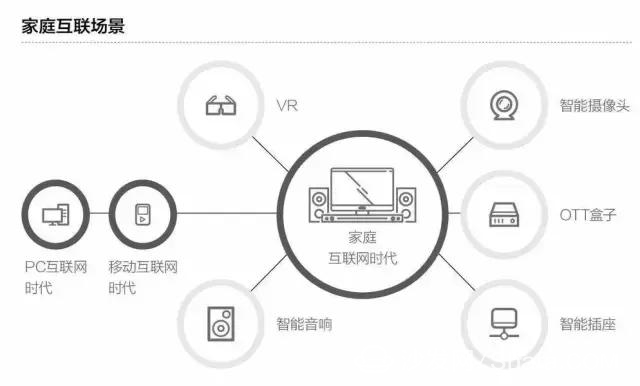
Is the traditional closed TV transmission system being broken apart by the internet?
In the past, the television industry relied on wired networks to connect stations with viewers. Content was delivered through broadcast signals from TV stations, forming a closed system. However, this system has been challenged and eventually disrupted by internet technology.
The first major shift came with IPTV, where telecom operators became an alternative to the traditional wired network. They offered more on-demand content options to users. Yet, the resources were largely controlled by local branches of China Unicom and China Telecom, limiting opportunities for other players in the market.
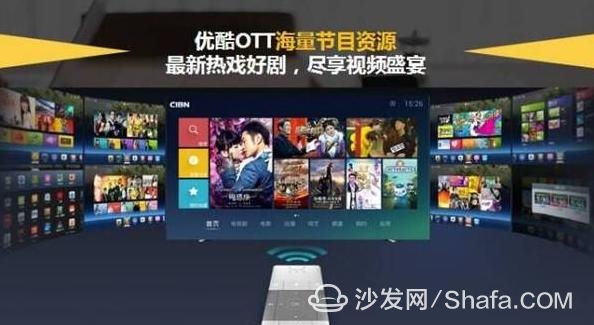
Eventually, private equity-backed OTT TV broke through, using the internet to deliver content directly to TV users. According to Ovid Cloud, as of December 2016, internet TV had over 8,000 TV dramas, 19,000 movies, 5,000 animations, and 8,000 variety shows—covering 85% of online video resources. With over 200 million devices in use, it reached 36% of Chinese households.
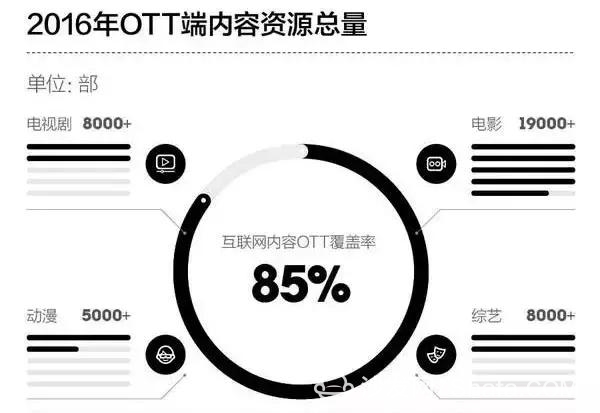
The data shows that smart TVs are being used for an average of 6.01 hours per day, which is 1 hour and 50 minutes longer than traditional TVs.
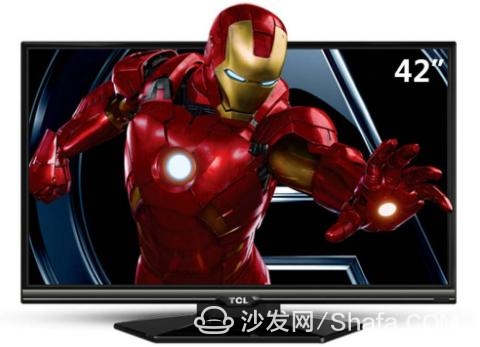
After the internet took control of core content, did television channels become overwhelmed with low-quality resources?
Unlike the past, when TV stations could only broadcast or synchronize with content, today's video platforms can buy high-value copyrights and even distribute them to TV stations. This has led to agreements like the "preliminary network backstage" and "network slow down platform," creating an unequal playing field.
Looking at the case of "Zhou Ding’s Theater," which was linked to online content, the TV station's pursuit of deposits led to a contrast between low ratings and inflated playback numbers.
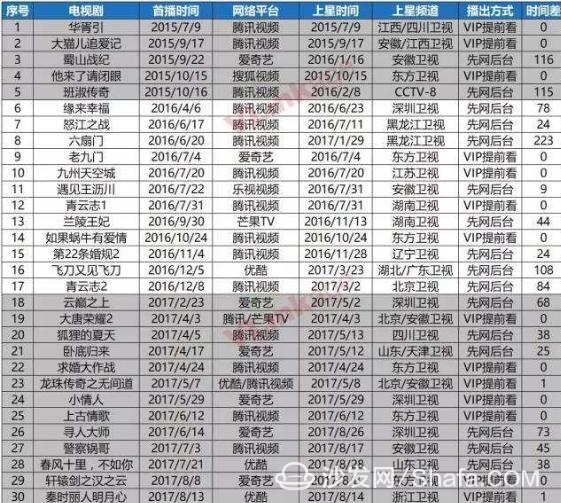
When video sites captured the core content of dramas, TV channels quickly found themselves with limited and unappealing resources.
TV stations initially handed out broadcasting rights, but as video platforms gain more power and become exclusive distribution centers, TV stations may find themselves knocking on others' doors just to air their programs.

Sansheng III premiered in Zhejiang and Dragon TV
Hunan Network - Mango TV counterattack network?Hunan Satellite TV's online platform, "Mango TV," has grown rapidly. It exclusively features the most popular content from the channel, encouraging users to pay for high-quality programming. Many users download and install it in a Wi-Fi environment. Years of user habits have made Mango TV a strong player in the online video space.
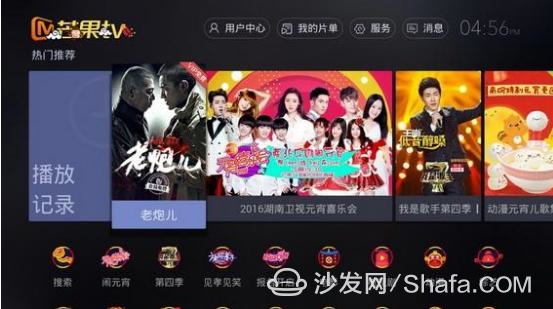
If TV stations like Jiangsu and Zhejiang Satellite TV, known for producing high-quality content, follow Hunan's example and sell their copyright to platforms like Youku, iQiyi, or Tencent, the internet platforms might face challenges too.
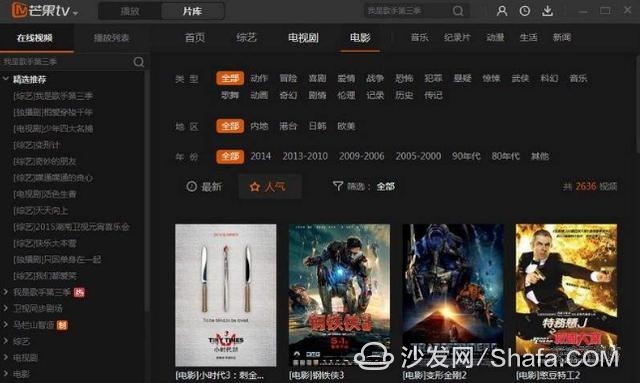
However, the internet platforms have their own advantages. Platforms like Youku and iQiyi are backed by tech giants such as Baidu, Alibaba, and Tencent, giving them the financial power to invest in content production. Traditional TV stations, on the other hand, must rely on advertising and sponsorships to fund quality programming.

Moreover, placing content on online platforms like "Mango TV" or other TV channels often creates barriers in content distribution. For instance, a show like “Star Detectives,†which stopped airing on TV, still has a loyal fanbase, but these fans aren’t necessarily active online users. This leads to lower program transmission rates, affecting later stages such as post-season ads, title invitations, and more.
In conclusion, in this era, greater integration and openness will drive progress. First-tier platforms have the content to lead, and there's still room for survival. By complementing each other and achieving full platform coverage, it becomes a positive model for audiences, producers, and advertisers alike.
Smart TV/box information can focus on smart TV information network sofa butler (http://), China's influential TV box and smart TV website, providing information, communication, TV boxes, smart TVs, smart TV software, etc. Answering questions.Guangzhou Yunge Tianhong Electronic Technology Co., Ltd , http://www.e-cigaretteyfactory.com